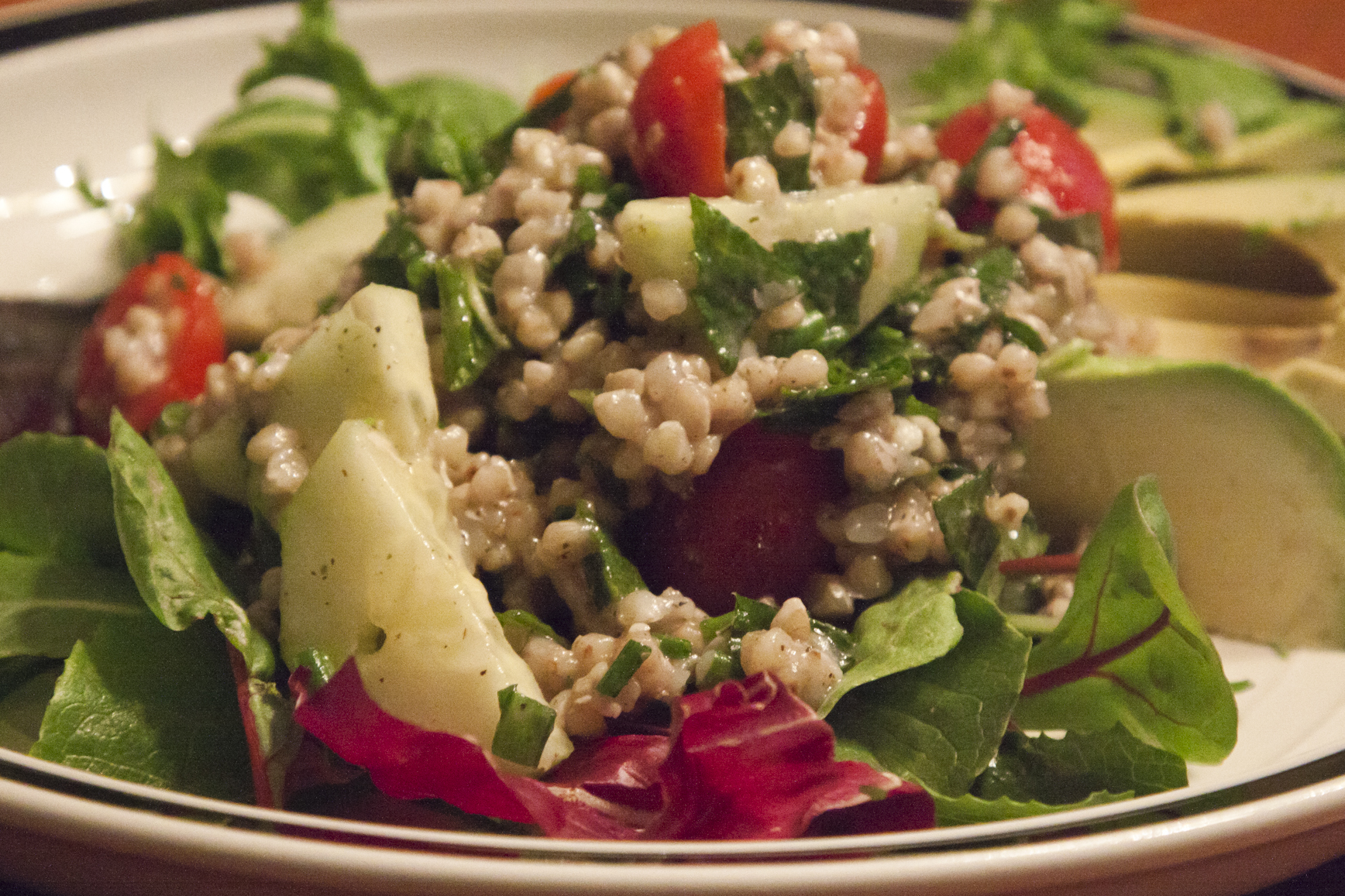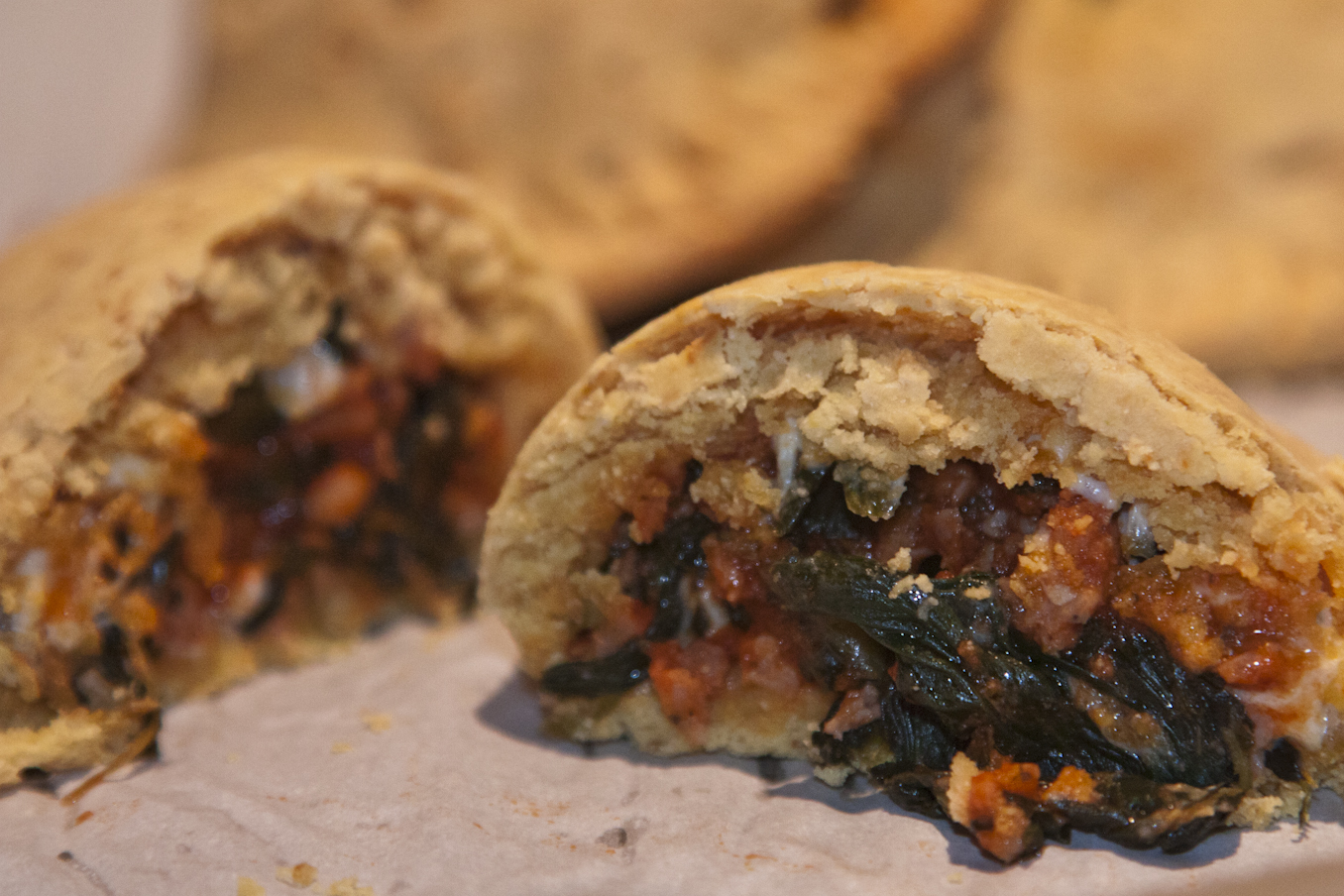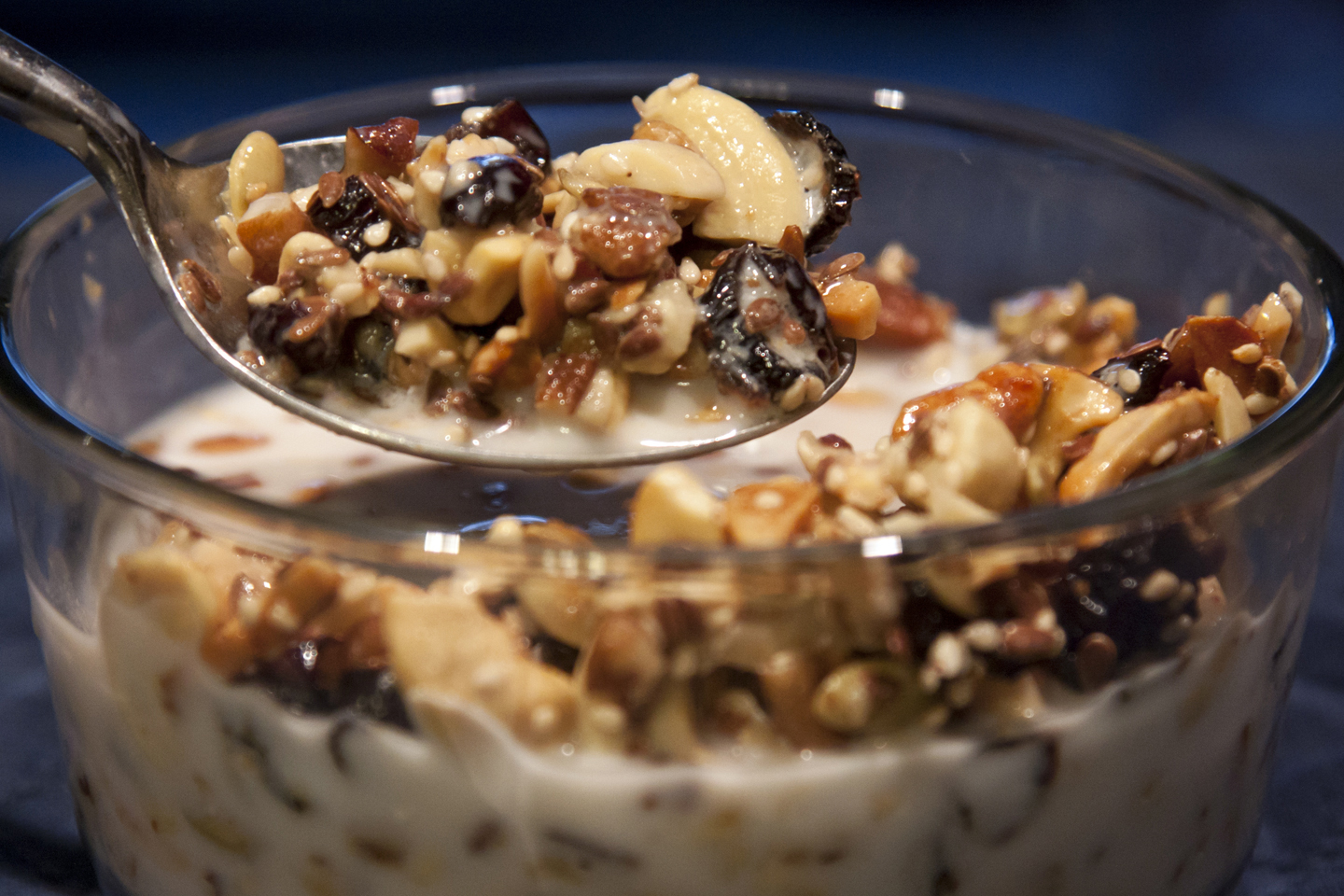I know, I know. I can hear you now:
“But they’re good for you!” “They reduce heart disease!” “They have fiber!” “They’re cheap” “They fill me up” …
This site exists to give you healthful grain and sugar-free options—and understanding. Knowledge is power—read on! Click on a picture to get that recipe or just explore this site.
Here’s a little food for thought: there is no vitamin or mineral you can get from grain that you can’t get in better quantities elsewhere. So let’s take a look:
1: The Food Pyramid (now My Plate) says I should get three servings per day. An appeal to authority (unless that “authority” is actually a preponderance of scientific evidence) does not an effective argument make. So what is the evidence?
- We’re told that whole grains help control (or lose) weight. Karl & Saltzman (2012) state “recent clinical trials have failed to support a role for whole grains in promoting weight loss or maintenance.”
- We’re told that whole grains help cardiac health by reducing chronic inflammation. According to Lefevre & Jonnalagadda (2012) “studies do not demonstrate a clear effect of increased whole-grain consumption on C-reactive protein or other markers of inflammation.”
- We’re told that eating more whole grains generally prevents disease. Williams (2012) reviewed the entire body of scientific literature between 2000 and 2010 (135 papers) and found no association between whole grain consumption and improved cardiovascular disease, diabetes, weight gain, or overall mortality. There may be an increased rate of cancer.
2: Don’t grains have essential vitamins and minerals that I can’t get from other sources?
- Whole grains contain no vitamin C, vitamin A or the vitamin A precursor beta-carotene (except yellow corn)
- Calorie for calorie, whole grains are not good sources of vitamin B’s (normally found in a complex); grains contain no B12—a vitamin critical for nerve and brain health and protects against pernicious anemia. Your best bets are green leafy vegetables, avocados, red meat and seafood.
- Whole grains contain very little calcium yet also contain factors that prevent proper absorption and use of any calcium you may be getting from other sources.
- Whole grains are poor protein sources and have none of the amino acids taurine and carnitine—taurine promotes normal heart rhythm and cardiovascular health; carnitine helps proper energy.
3. In fact, poorly prepared grains prevent vitamin and mineral absorption. Grains contain substances like phytic acid which binds up minerals and prevents proper absorption. In other words, even if you get a lot of iron, calcium and other vital nutrients from other foods, if you eat them with grains they bind to things in the grains and pass through and out of your intestine. However, please note that souring, sprouting and soaking grains neutralizes phytates and renders the nutrients in grain more absorbable.
4. Grains upset your body’s calcium balance. Every food you eat, when digested, yields a net acid or alkaline load. This has very little to do with being alkaline or not before digestion—it is the chemistry of the digestion process that makes it net acid or alkaline. Whole grains are more acid than refined grains, hard cheeses are the most acid, the only alkaline foods are fruits and vegetables. Your kidneys have to balance acid-base and they do this mostly by causing calcium to leach out of bones and act as a pH buffer. And speaking of bone health, it appears that grains somehow prevent the kidneys from activating vitamin D. Vitamin D is responsible to carry calcium out of the gut and into the bloodstream and then to your bones and teeth for calcification.
5. Grains are bad for your teeth. Weston A. Price, DDS extensively documented the change from healthy teeth and jaw structure to one of cavities and poor alignment in culture after culture that switched to a diet high in grains and grain products. Anthropological records of our pre-agricultural ancestors indicate very little to no tooth decay; however, that changed after the dawn of agriculture. More recent research links those changes to two main problems:
- low mineral absorption rates and improper dental structure and enamel formation due to high levels of mineral-blocking phytic acid and inactive vitamin D; and
- plenty of starches for bacteria to feed on.
6. Grains upset your gut; intestinal health is critical to your overall health. If you’re gut isn’t healthy you can’t absorb nutrients from the foods you eat, become malnourished and more prone to disease.
Here’s the sequence to leaky gut syndrome:
- Not very easily digested grains harm the intestinal lining in at least two ways: 1. the fiber mechanically shears the tiny little microvilli, think tiny cuts; 2. digesting the very high starch content of grains creates a net acid environment in your intestine (see #4)
- Along with other problems, the acid environment fosters the growth of unwanted bacteria, yeast, amoebas, and even parasites.
- Toxins from these unhealthy bacteria inflame your intestinal lining and make it leaky. You may or may not feel symptoms when these unfriendly bacteria grow but they tend to produce abdominal discomforts, gas, and because they cause a release of serotonin in the gut they may contribute to cravings for more starchy foods (eating which blocks transport of tryptophan to the brain reducing the ability of the brain to make serotonin and potentially affecting mood).
- Tiny particles of grains can now slip through the intestinal walls into the blood.
- Because these incompletely digested particles don’t belong in the blood, your body’s immune system responds. You develop antibodies to grain proteins (lectins) like gluten, gliaden, etc.—proteins that are very similar to proteins made for use by your body.
- The more you continue to eat grains, the more this occurs. You may not feel symptoms for a very long time. Gluten binds to the gut lining—gluten antibodies attack the gut lining producing celiac’s disease and Chrone’s (automimmune).
- The overworked digestive, pancreatic enzyme and liver detoxification systems cannot keep up with continued grain consumption. These organs are overworked ut the digestive system is no longer absorbing nutrients needed to support these (and other) organs. The body can feel tired, exhausted, and can experience weight gain or swings, eye puffiness and dark bags, digestive upset, excess mucous formation, chronic pain, headaches, and emotional swings.
If you’re white, there’s a good chance that you’re gluten-intolerant to some degree. Current research estimates that 40-60 percent of us from European descent are gluten intolerant to some degree and 1% of the population suffers from celiac disease
7. Grains inflame your joints. Studies show that grains—even whole grains—are linked to joint pain and arthritis. It looks like this may be part autoimmune because the amino acid composition mirrors that of the soft tissue in your joints. Being chemically similar, your body has difficulty differentiating between the two tissues. Once you have antibodies against grain lectins, your body will attack similar proteins of its own as if it were a foreign invader—this leads to pain, autoimmune diseases like rheumatoid arthritis and, of course, more inflammation.
8. Grains cause inflammation in part due to a high starch content. Check www.NutritionData.self.com for nutrition data including inflammation factor, glycemic index, and more. The more refined the grain, the more inflammatory it is. Chronic inflammation is linked to a myriad of degenerative, modern diseases including arthritis, allergies, asthma, cardiovascular disease, bone loss, emotional imbalance and even cancer. Some inflammation factors (zero is neutral, negative promotes inflammation, positive is anti-inflammatory):
 Unbleached white flour -421
Unbleached white flour -421
Whole wheat flour earns -247
Whole cooked millet -150
Cooked brown rice earns -143
Cooked buckwheat groats -79
9. Grains aren’t good for your skin either. Their very high carbohydrate content, even if they are complex, are broken down into sugars. These sugars instruct your body to produce more insulin and insulin-like growth factor (IFG-1). Elevated insulin levels lead to a cascading hormonal response that activates the sebum-producing glands in your skin so it produces more oil. Unfortunately, there is also an increased production of waxy keratin that tends to clog the pores.
10. Eating grain makes you crave grain. Several reasons: Foods rich in carbohydrates give you quick energy because they break down into sugar, but that energy wears off just as quickly as it came. BUT there is far more to this complicated story. It is downright baffling but people who are truly allergic and have antibodies to grains often have the strongest cravings. There are at least two explanations for this:
- Grains contain certain opioid-like compounds and also stimulate the body to produce certain endorphins. These narcotic-like substances produce a temporary “high” and a plate of spaghetti becomes one’s “comfort food.” Just like any narcotic, it takes more and more to achieve the same effect and there are truly withdrawal symptoms for stopping. We don’t have negative connotations for these foods so most people don’t ever consider giving them up.
- Because grains break down into sugar, they elevate blood sugar and stimulate the production of insulin. One effect of insulin is to allow the transport of the amino acid tryptophan across the blood-brain barrier. Tryptophan is then converted to serotonin—a neurotransmitter associated with good moods. The problem is that grains do not themselves contain any (or very little) tryptophan. Other food sources would be far more effective and without creating the imbalances of grains.
Most of us have consumed large quantities of grains all of our lives. As a result, we have endocrine and inflammation issues including weight gain, joint pain, sugar imbalances and digestive distress. We also have signs of malnutrition including fatigue and emotional problems, soft and/or misaligned teeth and low-density bones.
Avoiding gluten is a good start, but gluten is truly just the tip of the iceberg and you will not restore health by using rice, quinoa, or other grains that do not contain gluten but have all the other problems. Your body has been deprived of the genuine building blocks it needs for a long time—and it has been under a lot of stress
Nutrition Response Testing can determine the fastest, permanent repair program and get you back the health and quality of life you deserve. Not in Anchorage? Find a practitioner near you by searching your zip code.
References:
Lefevre M & Jonnalagadda S. Effect of whole grains on markers of subclinical inflammation. Nutr Rev. 2012 Jul;70(7):387-96.
Wu X & Schauss AG. Mitigation of Inflammation with Foods. J Agric Food Chem. 2012 Apr 15. [Epub ahead of print]
Karl JP & Saltzman E. The role of whole grains in body weight regulation. Adv Nutr. 2012 Sep 1;3(5):697-707.
Spreadbury I. Comparison with ancestral diets suggests dense acellular carbohydrates promote an inflammatory microbiota, and may be the primary dietary cause of leptin resistance and obesity. Diabetes Metab Syndr Obes. 2012;5:175-89. Epub 2012 Jul 6.
Williams PG. Evaluation of the evidence between consumption of refined grains and health outcomes. Nutr Rev. 2012 Feb;70(2):80-99.
Copyright © 2013 Marie Sternquist. All Rights Reserved










Pingback: This site has moved | Our Nutrition Kitchen
Pingback: 7 Nutrition Truths for Optimal Health.
Pingback: Food Sensitivity? Food Allergy? Navigating the Adventure.